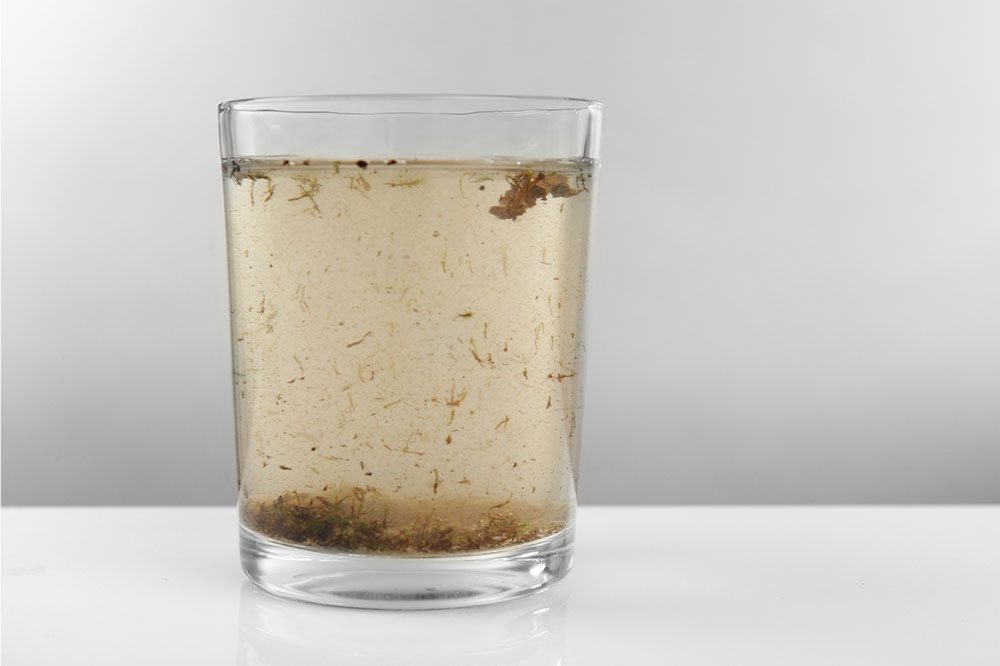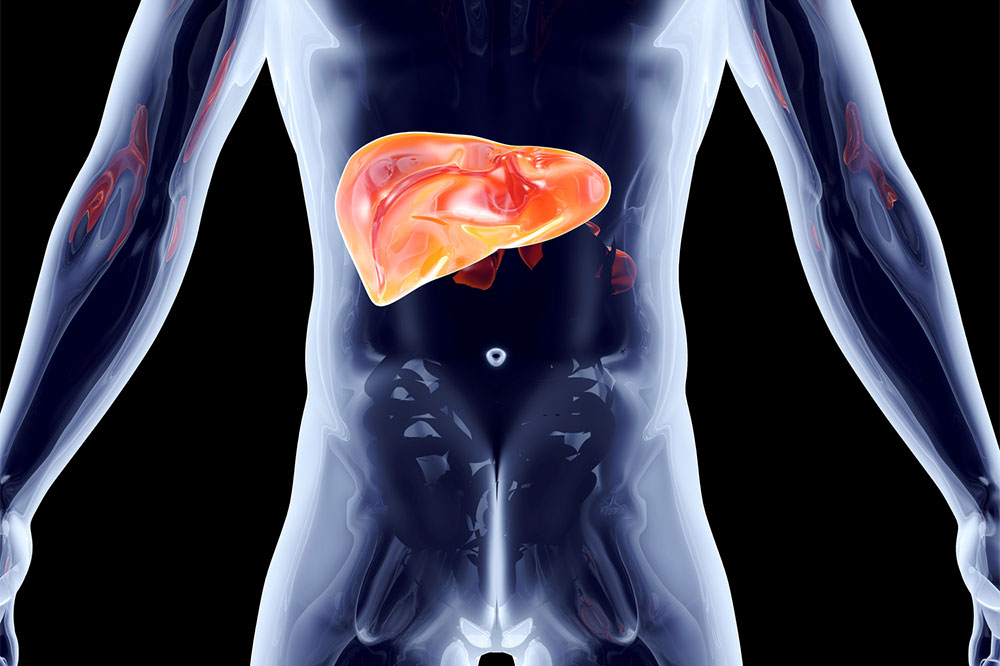Understanding the impact of water contamination on health

Water is one of the most essential components for the survival of all living organisms. However, rapid urbanization and industrialization over the last few decades have led to an increase in the contamination of water sources in the country. Even with multiple facilities designed for filtration and purification, drinking water can have hazardous elements that increase the risk of known chronic diseases and severe illnesses. Here is a look at the consequences of water contamination:
Health concerns
As the human body is made up of nearly 70% water, most organs and functions are affected by consuming contaminated water. Here are the common consequences:
Heavy metal contamination issues
Heavy metals like lead, arsenic, and mercury increase the risk of developing cancer in the liver, bladder, or lungs. Long-term consumption can affect neurological development among kids affecting their cognitive skills. Women drinking contaminated water during pregnancy are at substantial risk of developing fetal malformations. Heavy metals like arsenic can also be introduced into breast milk, affecting the health of breastfed newborns.
Respiratory issues and autoimmune disorders
Byproducts of chlorine and other chemicals used for disinfection can mix with groundwater. These chemicals adversely affect the upper respiratory tract, causing chest pain and lung irritation. Repeated exposure also increases the risk of genetic abnormalities as the contamination affects the DNA and triggers cell mutation. Hazardous chemicals often increase the risk of developing autoimmune responses by the body, leading to autoimmune disorders.
Pathogenic diseases
Groundwater contamination leads to microbes and parasites entering homes. This kind of contamination is a product of unsafe agricultural practices, excessive animal husbandry, and even mismanagement of sewage waste. Common pathogens include E coli, Giardia, Salmonella, Legionella, and Cryptosporidium. The disease-causing pathogens increase the risk of diarrhea, blood toxicity, and dehydration linked to chronic illnesses.
Common symptoms
Regular intake of unsafe water can lead to the following symptoms:
Eye infections, including trachoma, caused by pathogens
Nausea, vomiting, respiratory difficulties, and stomach infections
Organ damage and liver and kidney function failure
Skin diseases due to exposure to metals like arsenic
High blood pressure and increased risk of anemia due to lead poisoning
Teeth and bone problems caused by the fluoride chemicals found in contaminated water
Diarrhea, dysentery, typhoid, and cholera caused by pathogens
Camp Lejeune water contamination
The water at U.S Marine Corps Base Camp Lejeune in North Carolina was heavily contaminated. It was consumed by on-site personnel for several years and may have been affected by diseases like cancer or autoimmune disorders. Veterans, reservists, and guardsmen on active duty (for at least 30 days) at Camp Lejeune between 1953 and 1987 qualify for Veterans Affairs health care benefits. Treatment is free for eligible health complications triggered by exposure to contaminated water at Camp Lejeune.






